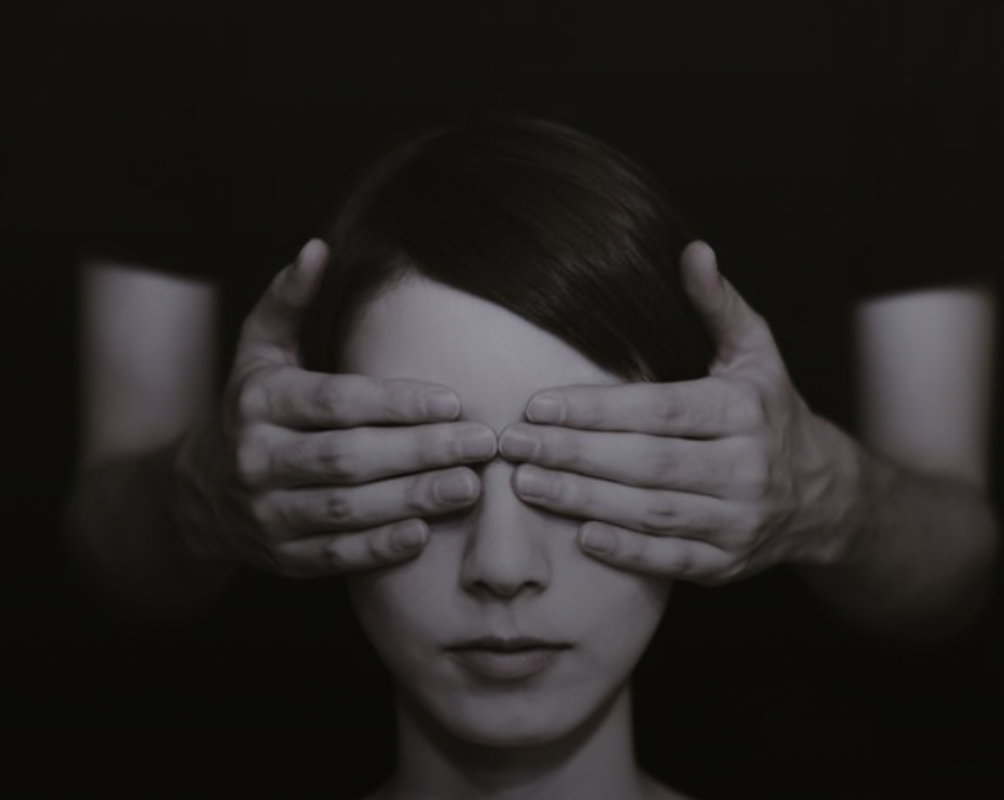|
By: I.Krakowiak  Could you imagine if the world were blind? What would happen if such a basic thing we take for granted was not available anymore? I invite you, to accompany me on a journey to find out how would the world be if we didn’t judge people based off their appearance.
According to The Guardian: “Three out of four children as young as 12 dislike their bodies and are embarrassed by the way they look, increasing to eight in 10 young people aged 18 to 21.” Some people may resort to extreme measures to meet these beauty standards, such as undergoing cosmetic surgeries, applying damaging skin-lightening products, or engaging in unhealthy and extreme dieting and exercises. This can lead to physical harm and long-term health problems. The pressure to conform to these standards can also take a harmful toll on mental health, causing low self-esteem, anxiety, depression, and body dysmorphia. These feelings can lead to social exclusion, difficulty in forming relationships, and even suicidal thoughts. Unfortunately, this constant pressure of being perfect haunts too many people. If people couldn’t see what others looked like, these harsh beauty standards that torments teenagers and early adults would vanish into thin air. The human brain formulates first impressions mostly based on the way people look. It could be the most insignificant things, such as how "baby-like" your face is, how pointy your chin is, how clean your hair is, or how attractive you seem. These things add up to assumptions about how nice, how trustworthy, or how funny you are, and many more. If you think about it, we as individuals do this all the time. We became so accustomed to this habit, that we sometimes forget that these conclusions we are so quick to jump into may be wrong. Keeping that in mind, what if people couldn't see, and were therefore forced to form first impressions only after speaking with someone? Wouldn't this make first impressions far more reliable? Treating people differently because of their skin color is something that has been going on for centuries, and we sadly still see this going on in today’s modern society. A recent example of this is what happened to George Floyd. George Floyd was a black man who died on May 25, 2020, after being arrested by a Minneapolis police officer. One of the officers, (Derek Chauvin), knelt on Floyd's neck for more than nine minutes during the arrest, while Floyd was handcuffed and lying face down on the ground. Regardless of Floyd's repeated cries for help, the officer carried on applying pressure with his knee. Floyd was pronounced dead at a nearby hospital. His death sparked protests and debates about racial inequality, police brutality, and systemic racism around the world. Protesters took to the streets to demand justice for Floyd and to raise awareness about broader social injustice issues. The BLM movement gained far more attention worldwide after this shocking case. This is just one of many examples of inequity people endure because of their skin color. If people couldn't see color, wouldn't they be treated more equally than they are nowadays? After this look into some global issues that haunt the world, I hope you have considered how tormenting it must be for us to conform to standards put upon us by society, and I hope you have realized that judging a book by its cover is definitely not the best path to take when formulating an opinion by someone. And so, the question: Would the world be a better place if all people were blind still stands. What do you think?
0 Comments
Leave a Reply. |
Categories
All
Archives
June 2024
|
